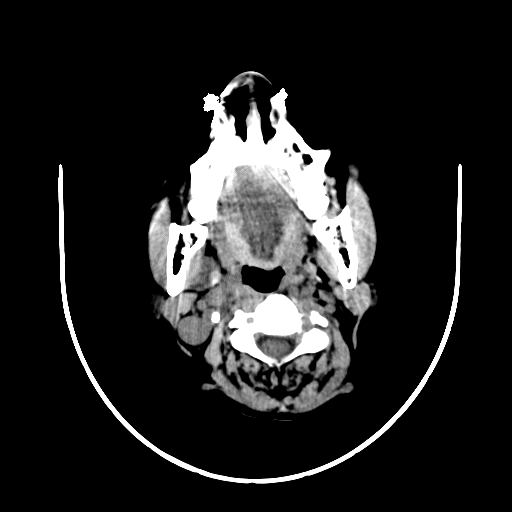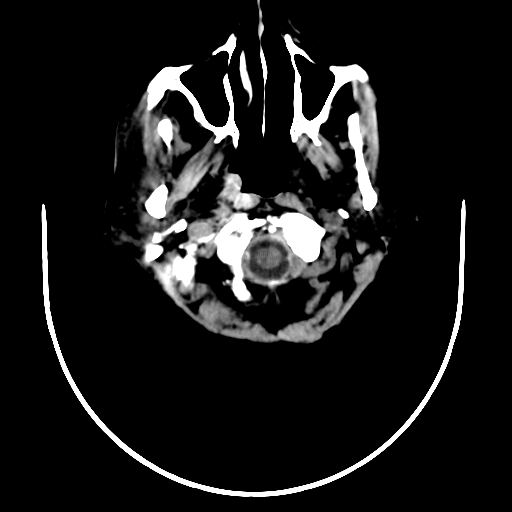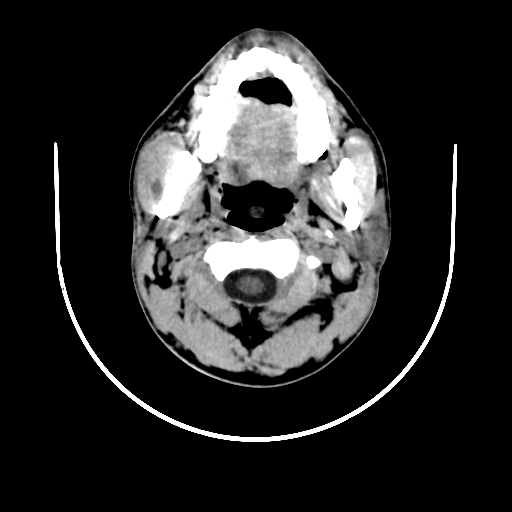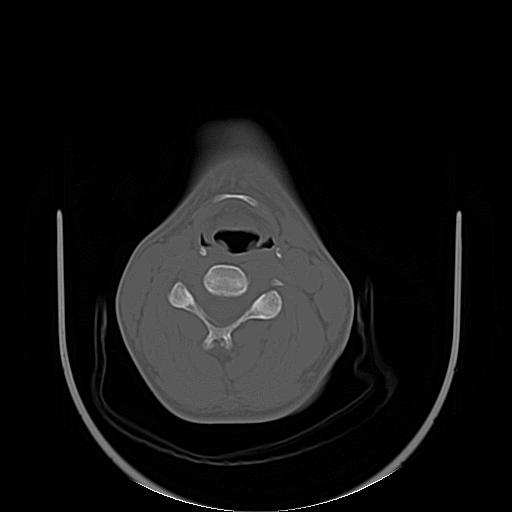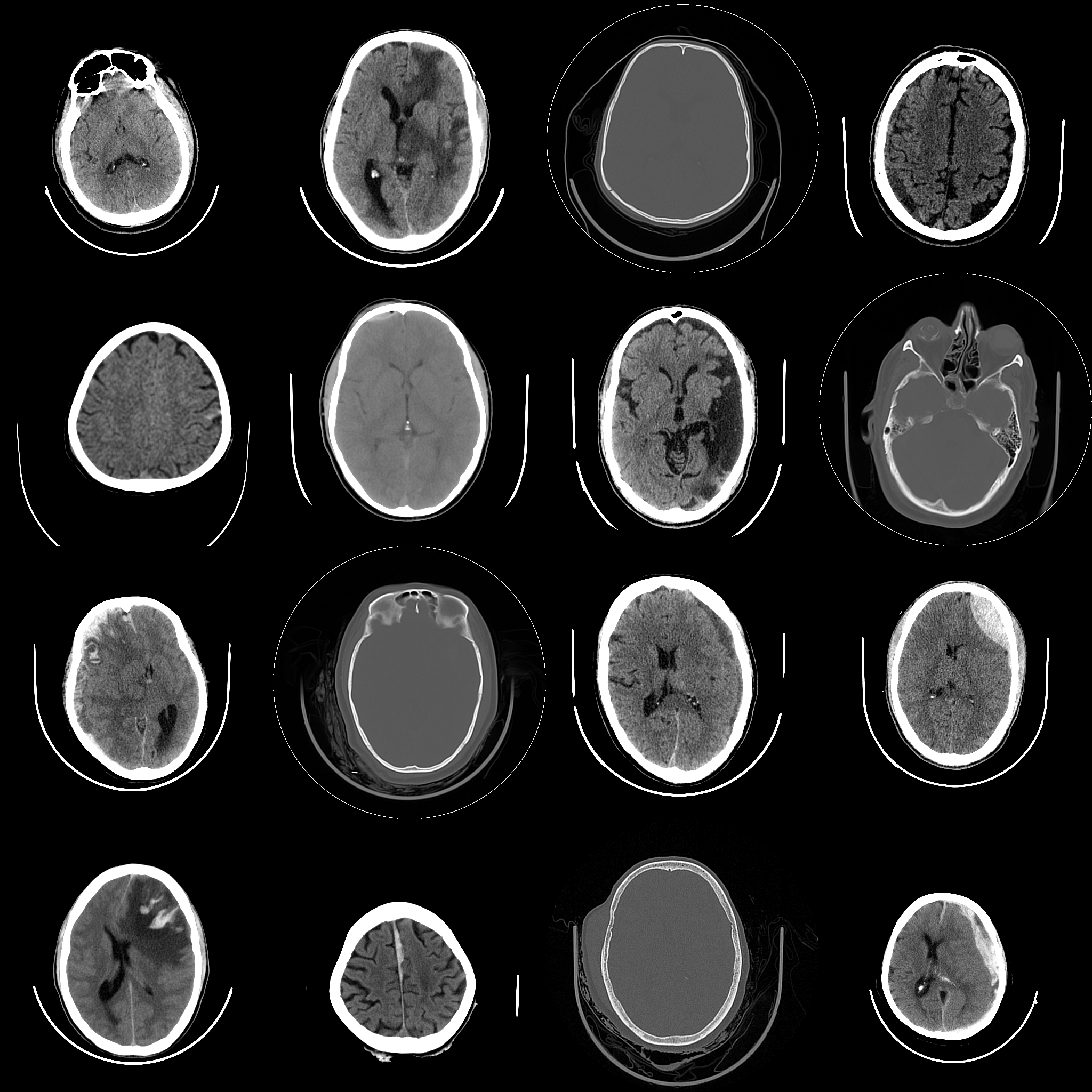Algorithms that can identify bleeds, fractures and mass effect from head CT scans.
Non-contrast head/brain CT is the standard initial imaging study for patients with head trauma or stroke symptoms. In this paper, we describe the development, validation and clinical testing of fully automated deep learning algorithms that are trained to detect abnormalities requiring urgent attention from head CT scans.
Findings
- Intracranial hemorrhage
- Intraparenchymal
- Subdural
- Extradural
- Subarachnoid
- Intraventricular
- Cranial fractures
- Mass Effect
- Midline Shift
